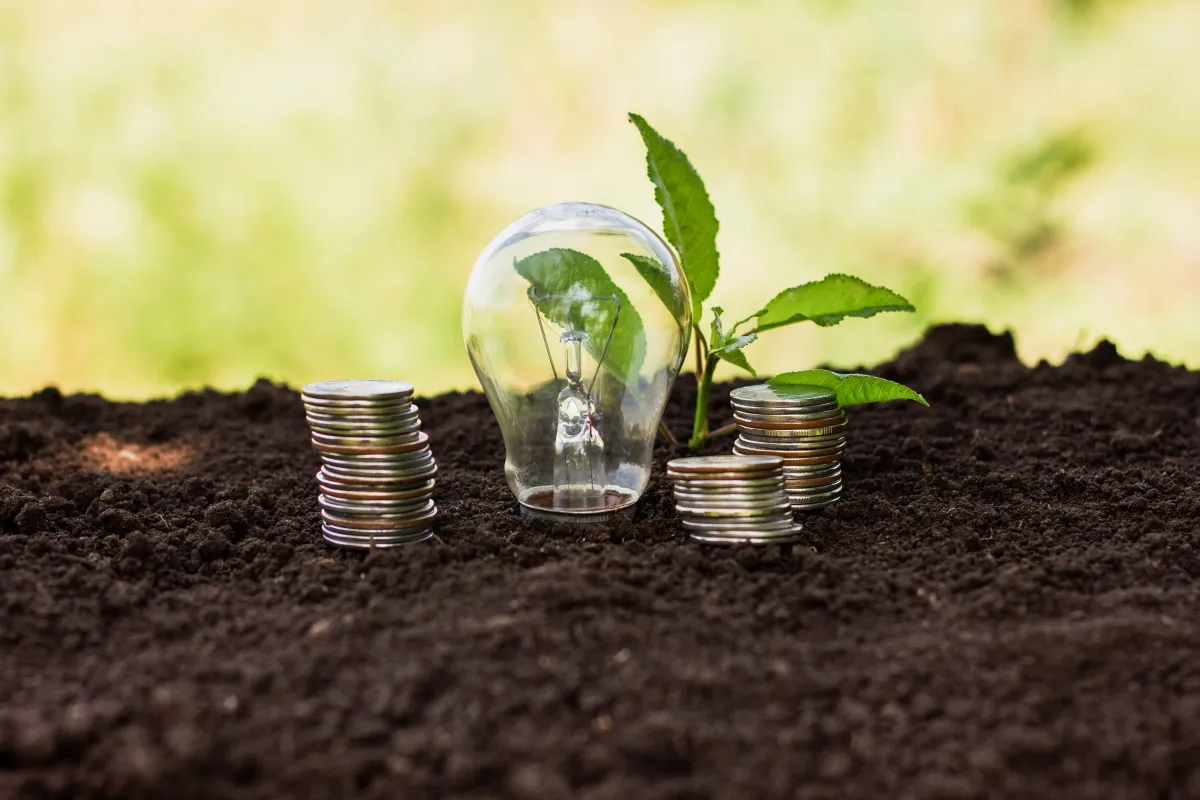
The “carbon tax,” a global trend that entrepreneurs must know about
Carbon dioxide is a major cause of the global greenhouse effect and leads to global warming and global climate change. Many countries around the world, therefore, pay great attention to reducing greenhouse gas emissions, including issuing measures to create incentives, one of which is taxation.
A carbon tax is a fee or tax imposed by a government on the production, sale, or use of fossil fuels such as oil, natural gas, or coal, as the combustion of these fuels produces carbon dioxide. A carbon tax is based on the concept that we have to pay a larger amount of tax for activities with high carbon dioxide emissions. Currently, the carbon tax is being widely implemented and enforced, especially in Europe, and carbon taxation is currently implemented in at least 29 countries.
In Thailand, the Excise Department and the Ministry of Finance are studying the carbon tax measures of Singapore, which is the only country in ASEAN that has initiated a carbon tax. There are two forms of carbon tax in Singapore, which are a carbon tax on products, which is under the responsibility of the Excise Department, and a carbon tax on production processes, which requires collaboration with the Ministry of Natural Resources and Environment.
In Thailand, the introduction of a carbon tax will be done in a gradual manner to ensure the sustainable adaptability of businesses and the public.